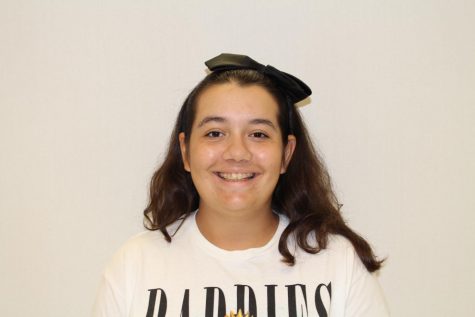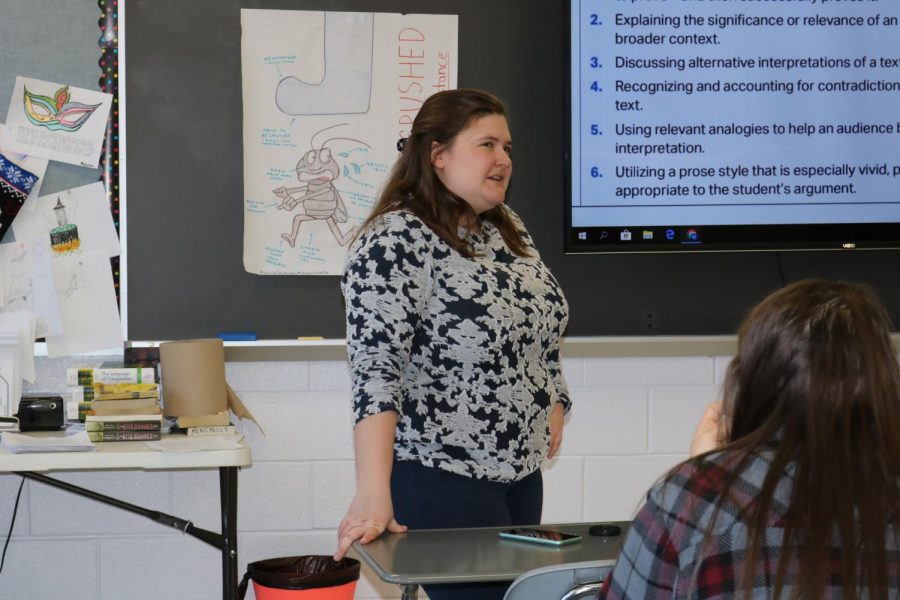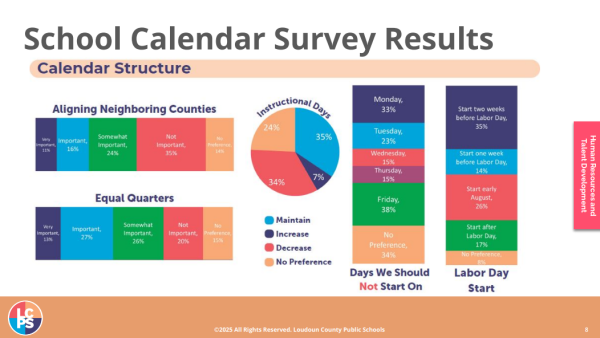Menickelly Named a Manchester Writing Competition Finalist
Being just one of six international finalists for the prestigious award, Ms. Menickelly will travel to Manchester for the Gala on February 7.
The Manchester Writing Competition is UK’s largest prize for unpublished writing.
Her short story is about a little girl remembering her summer before the sixth grade. When all of her friends and classmates are excited and fascinated about the arrival of the cicadas.
How did you hear about the Manchester Writing Competition?
It’s fairly well known in the writing world. I was just on twitter, some people that I follow had retweeted that the deadline was soon and I was like, why not? I will apply for it.
What inspired you to join the competition?
I think on no level did I assume that they would actually select my piece, and I think that made me a lot like bolder in applying. Because on some level, I thought there is no way that I would get this, so there was no fear in submitting because out of the how many people submit for it, they only pick six. So I did not think I don’t know how to describe it was just why not kind of feeling.
How did you feel when you were picked as one of the finalists?
It was the day before winter break and I got a phone call from the United Kingdom. It was on my way to work and I just paused, and I don’t even think I remembered that the shortlist was announced that day but I answered you know why not. They told me and then I think the word I used to the very polite manager of the Manchester Writing School was discombobulated. I hung up and I kind of just stared at the wall for like a second. Then I told my mom and my dad and that was about all I was allowed to tell.
Why did you want to enter the writing competition?
I haven’t really published anything. I did publish a paper in undergrad on Anthony Trollope in Victorian literature. I write a lot. I write every day for about three to four hours, not even short stories usually, but like longer pieces or just little things, I would never show anyone. I think at a certain point you want to share what you create. A lot of my students do that all the time so that was really inspirational for me because you all were working on your college essays at the time that the competition was closed out in September and so I just you know thought my kids every day give me their work and it must be agonizing and embarrassing and mortifying for them to give me something that’s part of themselves so why don’t I put something out into the world as well so in a lot of ways if I, you know wasn’t teaching all these seniors this year, I don’t think I would’ve been bold enough to try and submit a piece of work to the competition.
What inspired your short story?
I think everyone when I was in second grade, was just obsessed with the cicadas. We would collect the shells and this obviously a context to the short story about cicadas. I think just the eerieness of it and how honestly looking back at it how grotesque the experience was. How creepy the whole like bugs crawl out of the ground every 13 or 17 years, depending on what periodic cicada you have near you, and the swarm and there’s millions of them and only a couple humans. I think there is just, you know that horror of childhood that you kind of forget. That like kids think it’s great and then adults are like what’s happening. I wanted to kind of reflect on that piece.
How long did it take for you to write the short story?
Just about an hour to write it and then probably many hours to edit it. Many, many hours to edit it.
Have you ever thought about writing a series and possibly publishing it?
Yeah actually I’m working on a few novels right now, but I’m also working on short stories that are set in the same town that this short story was set in. They’re all biological in nature because I really appreciate natural science and its connection to English. A lot of I think some overlooked pieces of the natural world that are in fact fascinating, at the same role they are grotesque and horrific and kind of what we don’t talk about a whole lot. I want to reflect on that in my writings and that’s what the series of short stories would be about. This little town that I was writing about that’s totally fictional.
Ms. Menickelly’s story starts on page 39:
An in-depth story on the Manchester Writing Competition and all of the finalists: https://www2.mmu.ac.uk/news-and-events/news/story/11625/

Isabella Pearlstein is a senior and has been part of DHS Press since 2018 and began working for the newspaper and broadcast this year (prom article and...








